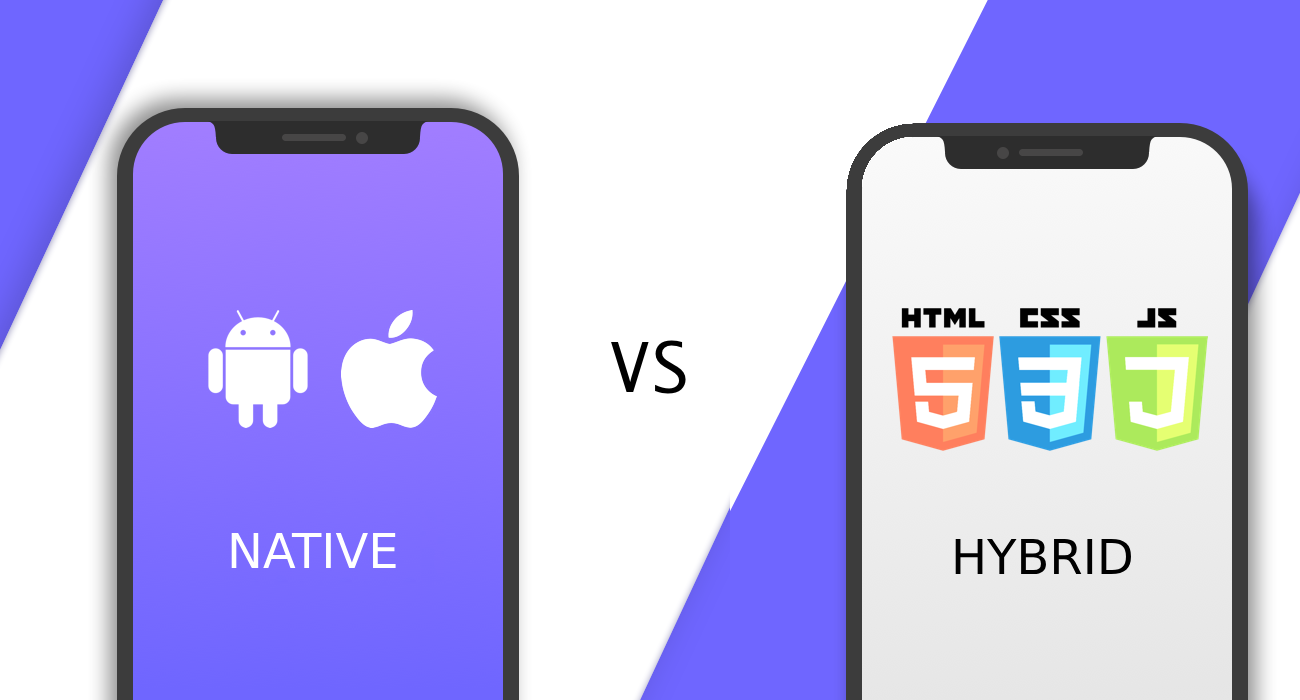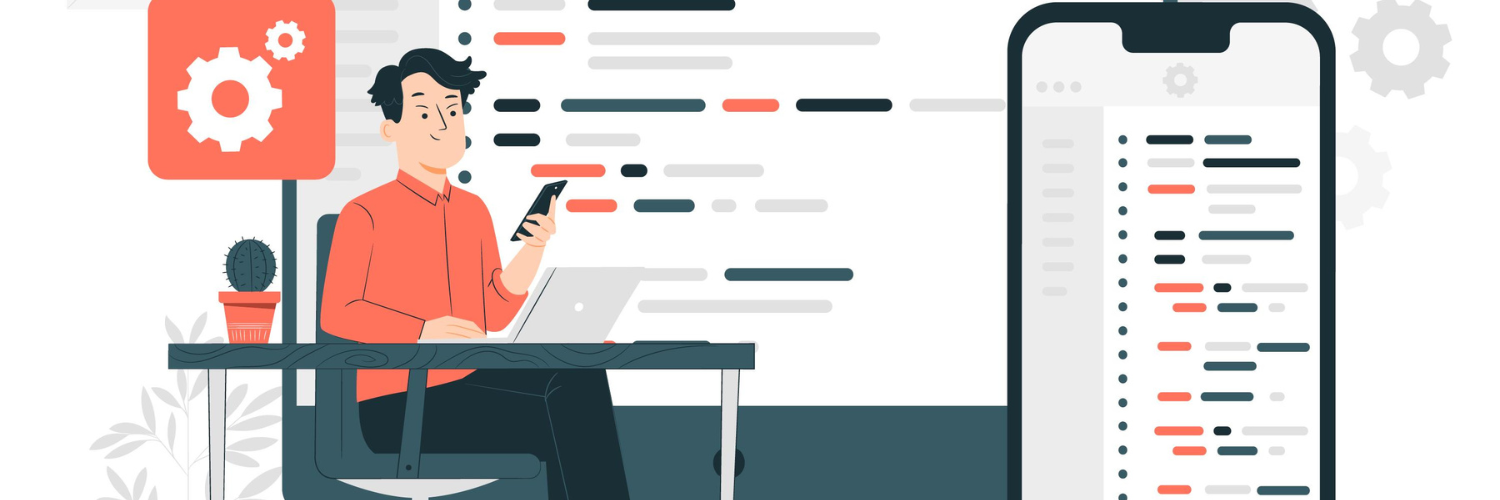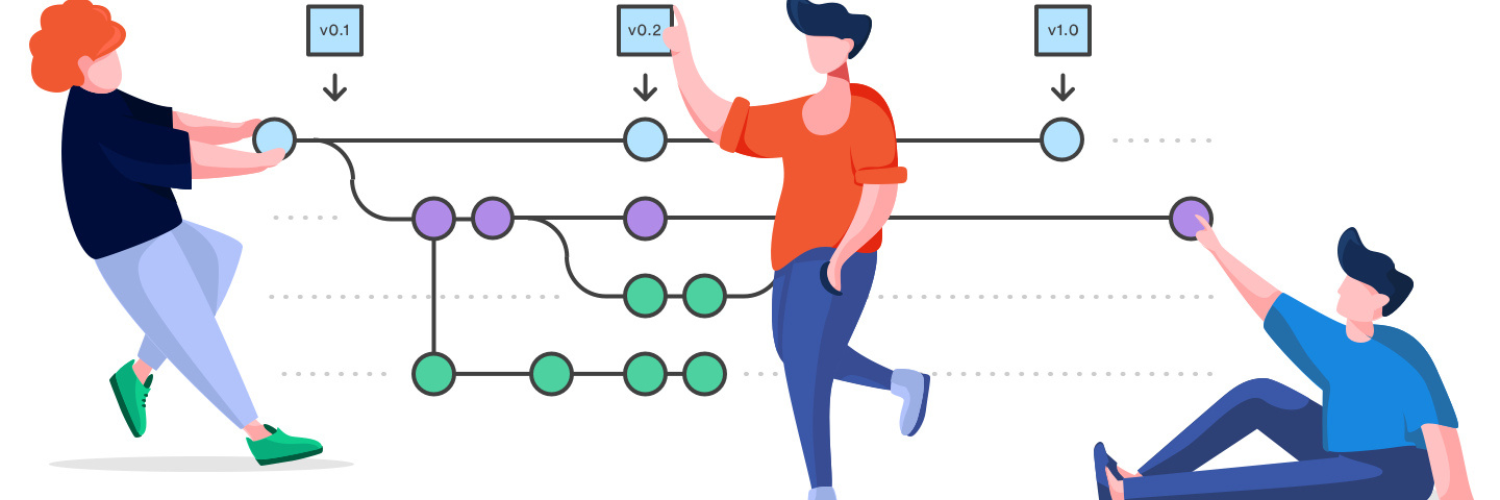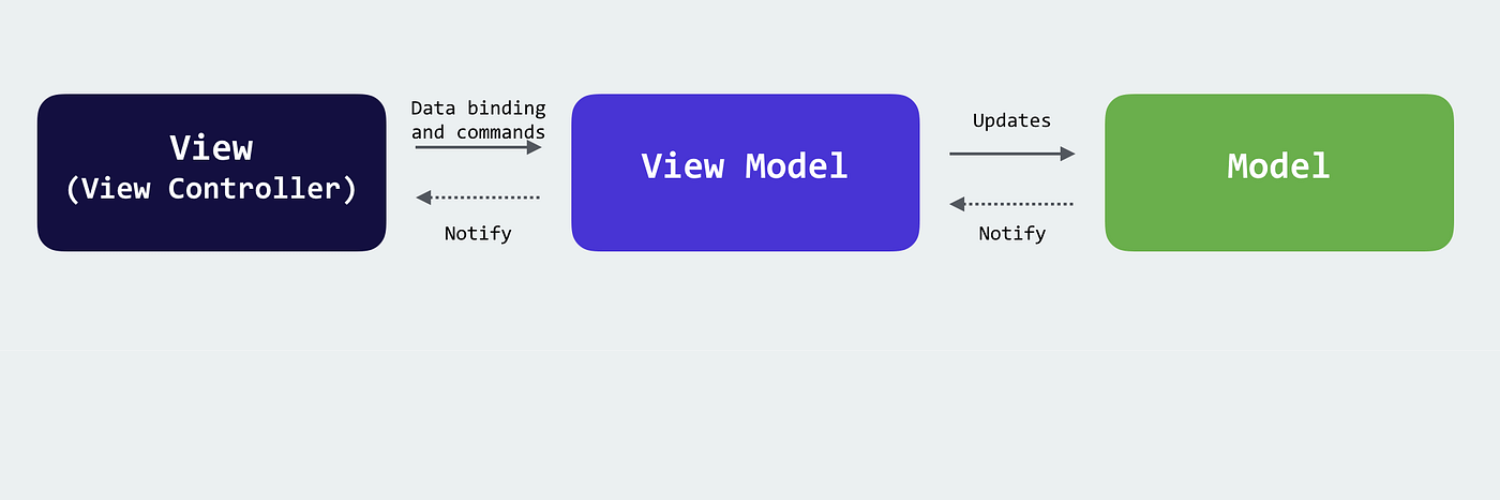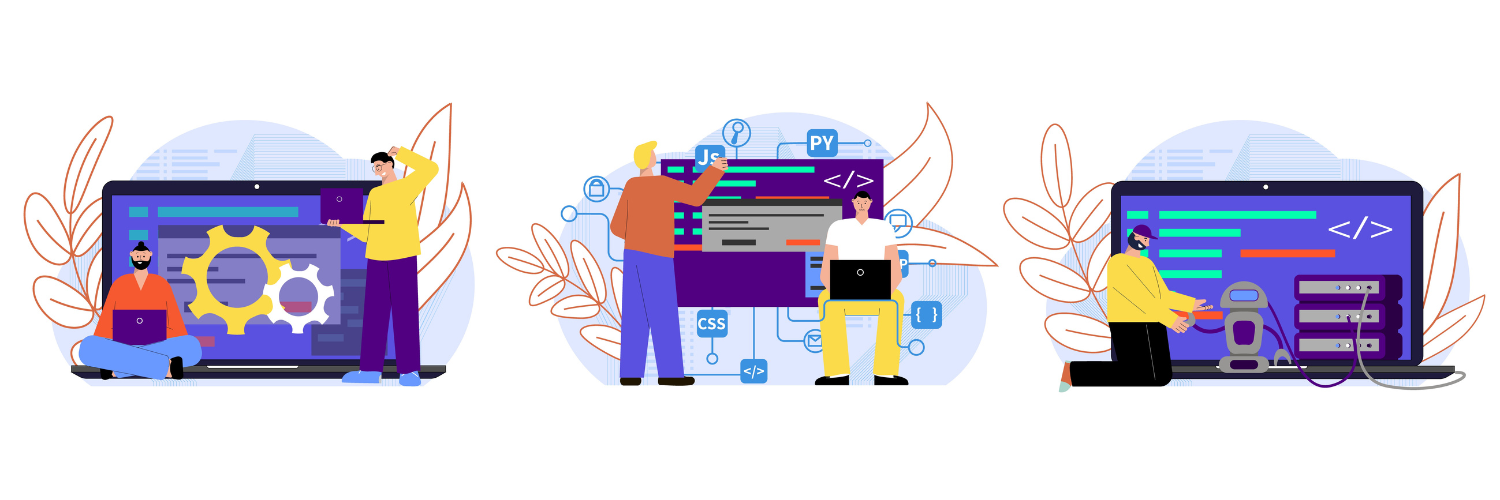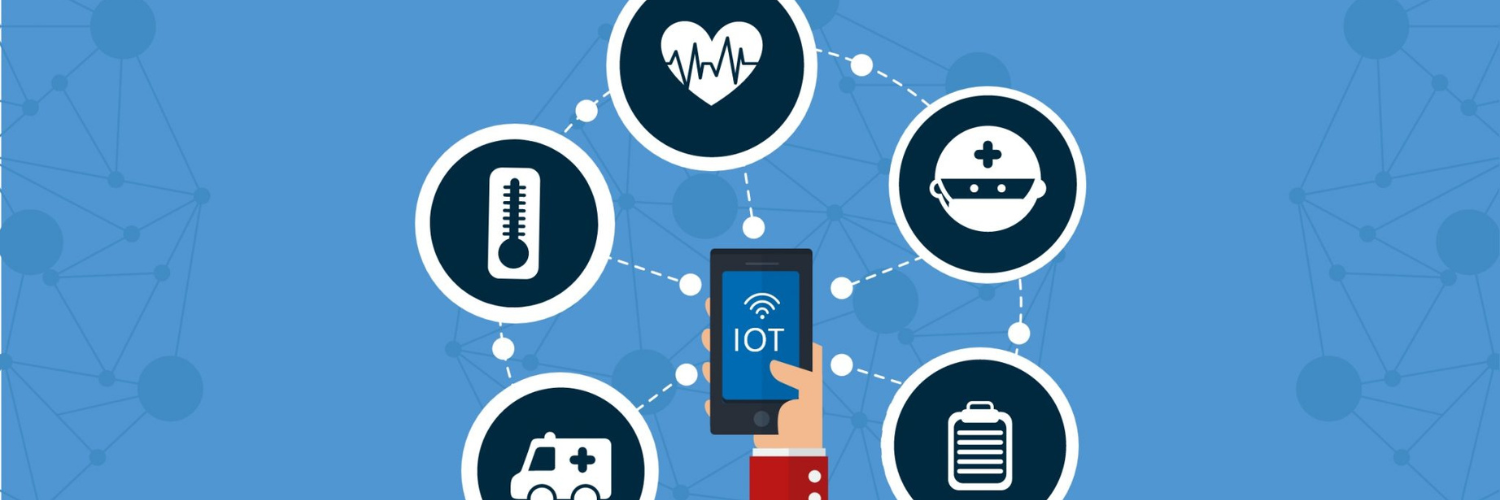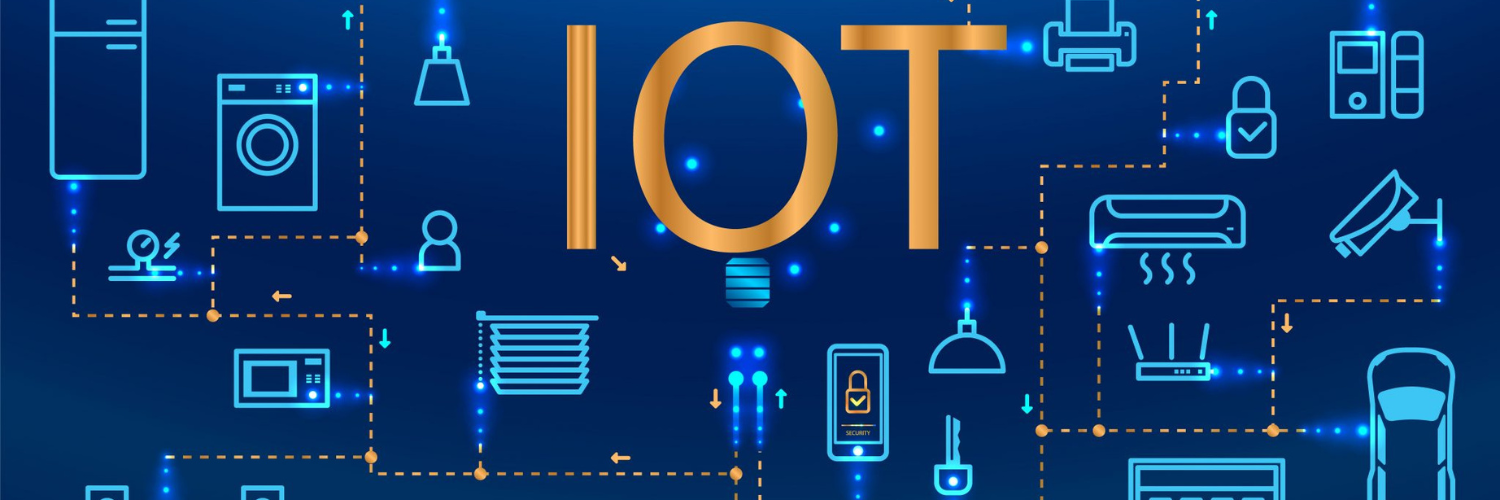With more mobile applications being developed and deployed each year, modern businesses prioritize mobile application security to protect themselves and their clients from modern threats. According to experts, the application security market is set to surpass a market value of $7 Billion by the end of 2023. This indicates a glimpse of heavy investments in secure application development in the upcoming years.
Rapid digitization and a large-scale transition to hybrid work mean mobile devices play a more prominent role in life and business than ever. As a result, mobile apps are becoming an increasingly tempting target for cybercriminals.
Nowadays, smartphones are much less valuable than the information that can be accessed via them. Most mobile platforms keep users logged into their accounts even when mobile devices are turned off and put aside.
Mobile applications generate a tremendous amount of data about us, our lives, and even our business activities. So, ensuring apps create and use this information securely is paramount.
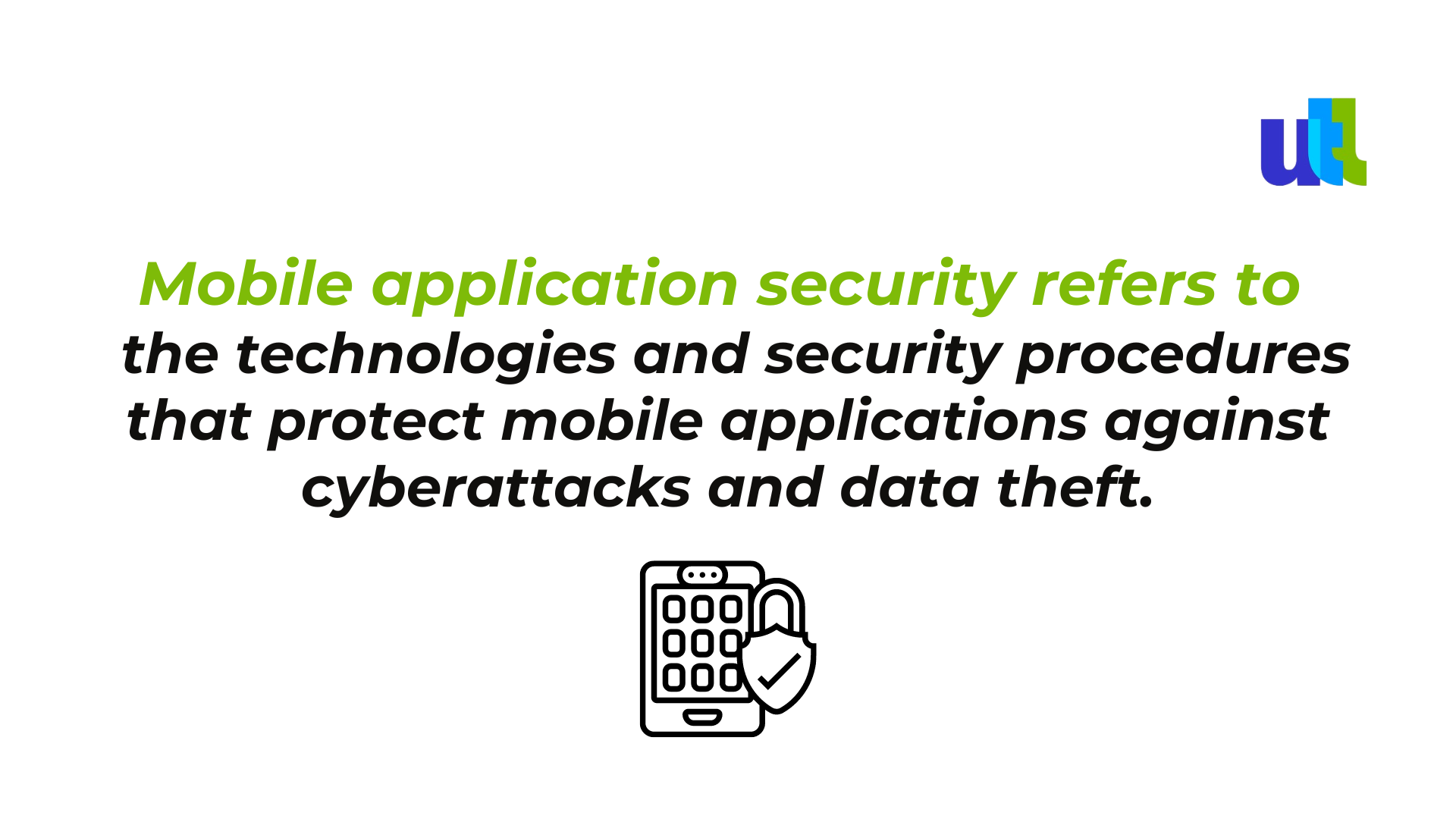
The process involves designing, implementing, and testing security measures inside applications to eliminate potential vulnerabilities against attacks, including unauthorized access and tampering.
Common types of mobile security threats
Engineers define several categories of threats depending on their origin or targets. For example, one of the basic classifications involves passive threats and active threats.
- Passive threats: vulnerabilities left in the code of a mobile application or operating system that are potential entry points for hackers (sending data with no encryption, using an outdated security protocol, and others).
- Active threats: external tools such as malware, spyware, viruses, phishing web pages, and scripts used to actively breach mobile security and steal information. These can mask themselves, remain hidden, and gather personal data for months.
Considering the importance of personal data, experienced mobile app developers put great effort into maximizing security and protection from both passive and active threats.
5 main advantages of mobile application security
1. Protection of digital identity
Digital identity includes digital copies of identification documents, a social security number, personal passwords, and other means of authentication. Advanced mobile application security designed and tested according to the latest standards focuses on protecting your digital identity from being stolen.
2. Enhanced privacy
Mobile app security ensures that personal information, communications, media files, and messages are encrypted and hidden from intruders.
3. Improved resistance to massive breaches
Over the last decade, there have been a number of large-scale online breaches in small and global corporations where millions and even billions of data records were stolen. Mobile applications built and updated according to security standards have a much higher chance to stay safe during these massive threats.
4. Protection against hardware hijacking
As mobile devices become more advanced, they get better sensors and chips that support powerful AI features. They can be incredible spying tools transmitting audio and video data, current geolocation, and other real-time data. Mobile app security recognizes infected files, unusual activities, or malicious links, informing users in advance.
5. Customers’ trust and appreciation
Users will always prefer a mobile application created according to modern security protocols over other similar solutions that are outdated or have known safety flaws. Nowadays, people prioritize feeling safe in terms of their digital privacy, and modern mobile application security is the only way to provide them with it.
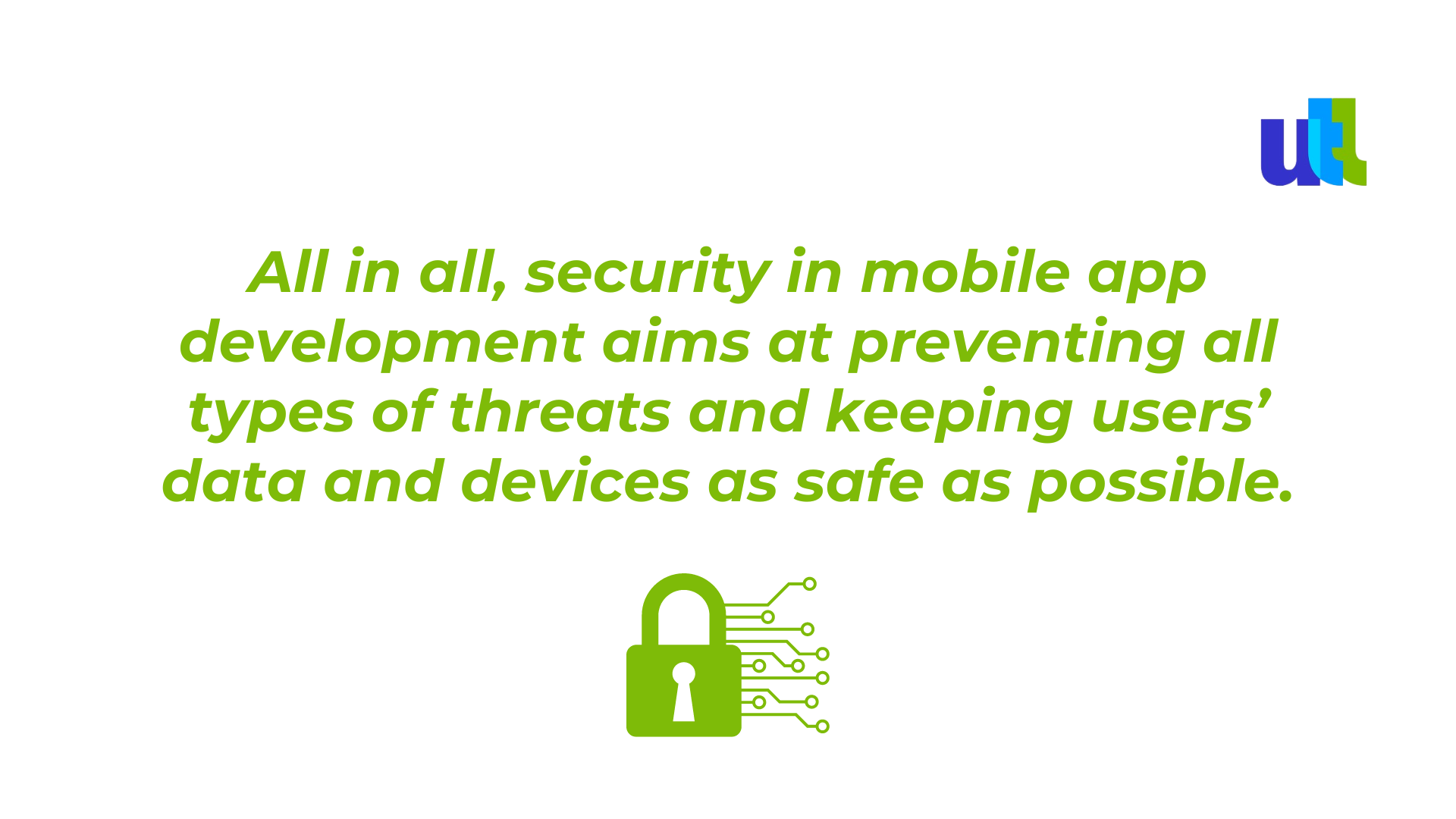
How to improve security in mobile application development?
Mobile app security is an ongoing race, with more hackers’ methods and tools appearing every day. The best way to ensure the safety of a mobile app is to follow the existing guidelines, and the latest trends, and fully satisfy the standard requirements.
To maximize the security of their mobile applications, mobile app developers should start with a few basic improvements, such as the following:
1. Enforce mobile app updates
It is the developers’ duty to maintain the security of an app with regular updates and patches as often as it can be needed.
2. Make sure that an application complies with local laws and industry-specific regulations
For example, it is a widespread policy that users’ data must be kept only on servers in their respective countries.
3. Take utmost care of storing user’s sensitive information
Sensitive data must be stored in an encrypted form preferably remotely or in a “sandbox” only within the app.
4. Enable two- or three-factor authentication
A combination of two different means of authentication (such as a password and an SMS code, or a biometric scan and a PIN code) has become a de-facto security standard for a good reason.
5. Enabling tools that recognize tampering and end-of-session events
For example, after a predetermined number of unsuccessful authentications, an app must prevent any further attempts; the application also must ask for a new “log in” after a predetermined idle period.
What else can businesses do?
Insufficient app security entails both immediate and long-term consequences. Immediately, the resulting reputational damage can lead to financial losses and lost customers.
Some consequences are more significant in the long run. A modern attacker can take advantage of the holes in your app's security in many ways: for example, by using ports for illicit communication or executing data theft and man-in-the-middle (MITM) attacks.
There are multiple ways in which businesses can reduce their risk of mobile attacks and data breaches, including:
- Delivering Digital Security training
- Clear and understandable use of policy
- Proactively monitoring for Rogue apps
- Deploying a mobile security suite
- Ensure the above-mentioned security best practices
Mobile app security works by actively detecting, preventing, and reporting attacks. When necessary, it can protect data and transactions even from the most powerful assaults by shutting down the app.
Conclusions
Mobile app development has gained significant momentum, especially due to the rapid progression in technology and digitalization business trends.
However, developing software and applications up to a large extent does not guarantee safety from hackers and other malicious risks.
The leak of your confidential business information can easily lead to damaging to your business reputation. No wonder, with the increasing number of cyber-attacks and businesses failing to protect their data, it is crucial to make use of high-quality tools and technologies to prevent danger.
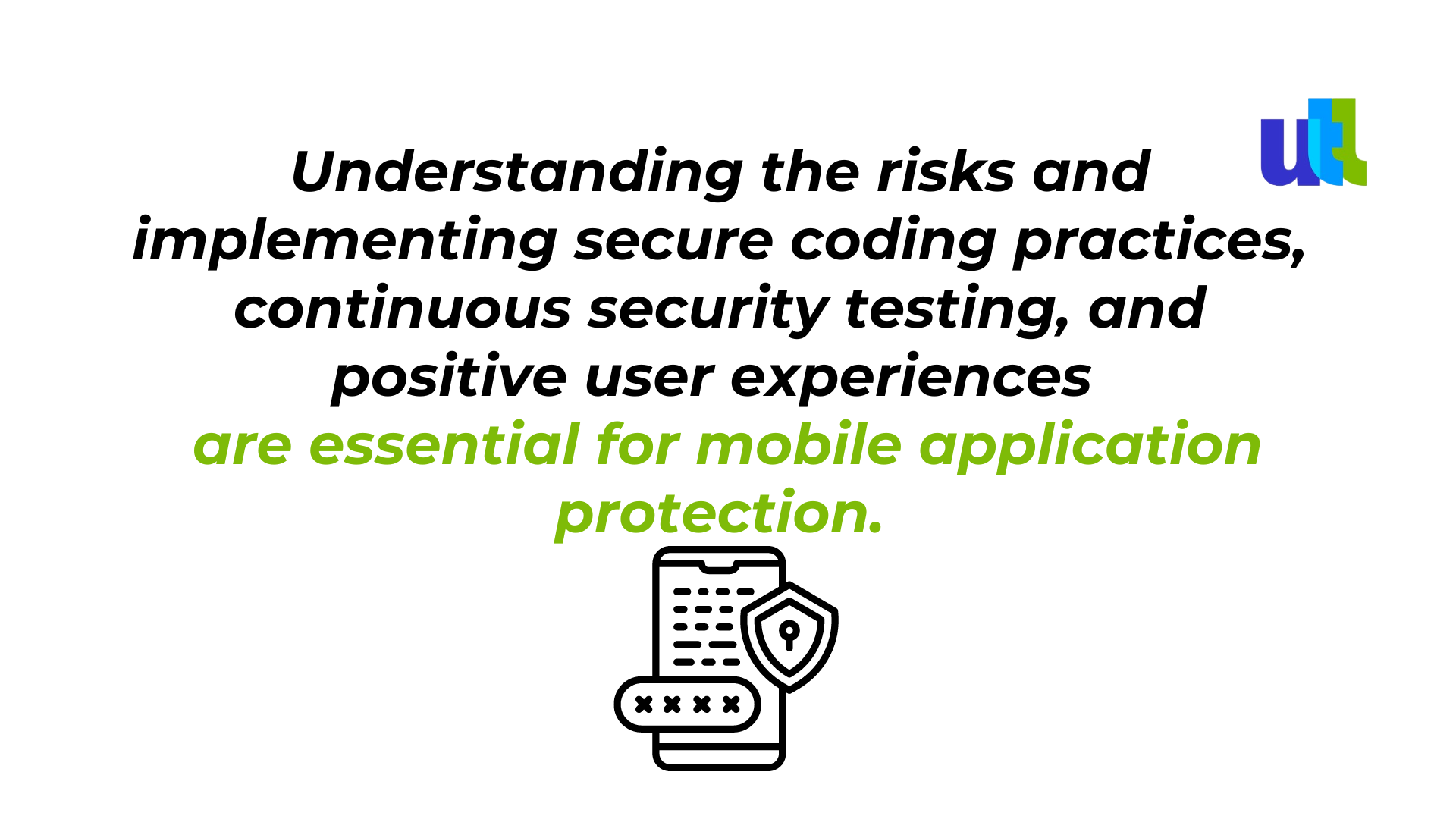
By choosing Utah Tech Labs as your software partner, rest assured you’ll acquire premium-quality security services and bring your digital presence to a new level. Learn more about our ongoing technical support, and leverage our expertise and extensive portfolio of successful web and mobile applications here.
For free consultation about IoT security click here.
----------------------------------------------------------------------------------------------
View the full presentation:
WRITTEN BY
Sofia Kutko
2023-06-07








